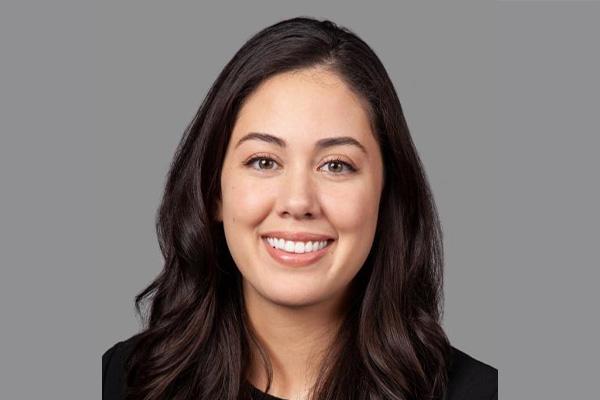
Ten First Days: An Unexpected Lesson from the Clinical Year
Few experiences can so universally provoke feelings of nervousness, excitement, and anxiety as a first day. Whether it be a first day of school, first day at a new job, or first day of a new clinical rotation, many of us have experienced enough first days in our lives to wonder – how many times before this becomes less awkward?
Earlier in the year, I wondered this exact question myself as I looked over my clinical year schedule. Our class had just finished Rotation #1 - Evidence Based Practice, and as exciting as completing this first rotation was, I knew this was just the beginning. I counted out eleven remaining rotations. My primary care rotation was scheduled to be at the same site for two months, leaving me with a total of ten new sites. Ten first days. I could get through this…right?
Before the first day of any rotation, my classmates and I each try to anticipate how to prepare best, and we all have different coping mechanisms to help combat our nerves. Some of us focus on meal prepping for the week, some meticulously iron scrubs, and others (by that, I mean just myself) review the parking lot maps of our clinics to eliminate all chances of getting lost in the morning.
As learners, we hope we will be able to recall the vast amount of medical knowledge we have learned during didactic year. We try to remember diagnostic schemas and broad differentials for various medical complaints. We chuckle as we review the strange mnemonics that somehow allowed us to memorize what felt like a million drugs and their indications. The clinical year so far has exposed me to many different fields and specialties, each with its own expectations, practices, work environments, and patient populations. Whether I was presenting new patient admits in front of 15 people during interdisciplinary rounds, placing a chest tube at 3 AM, or learning to navigate difficult conversations with patients and their family members on end-of-life planning – my rotations have equipped me with skills I had not even imagined gaining when I first started my journey at the Duke PA program.
As my rotations have progressed, I have grown accustomed to the discomfort of constant changes and periods of learner anxiety.
And in that growth, I have also found a deeper level of patient empathy. I realized that almost every patient I encounter feels nervous, anxious, or uncertain to some degree, and rightly so. From a patient receiving a diagnosis of type 2 diabetes mellitus unsure of what to eat at home to a patient hospitalized with end-stage liver disease wondering how many years they have to live, I find myself constantly interacting with worried or anxious people.
As I came to this realization, I also started to realize that my own familiarity with anxiety as a learner in the clinical year setting could actually serve to help me better identify my patients’ individualized needs and tailor my care accordingly. I learned to slow down and carefully explain a disease process for a patient who was overwhelmed, explain the reasoning behind a specific treatment plan for a patient afraid to start medications, or go back after rounds to sit with a scared patient whose family was unable to visit them during their stay.
This is an easy period of time to take for granted. As we finish up our rotations in the next few months, take our board exams, and begin our journey as practicing PAs, I know that I will often think back to my awkward, nervous, scary first days and continue to learn from the unexpected lessons of my clinical year. You might ask how many first days it took for me to overcome the jitters. I’ll tell you that while the answer is most certainly not ten, I don’t know that I would have it any other way.
Michaela Kaltner is a second-year student with the Duke Physician Assistant Program. Email Michaela.Kaltner@duke.edu with questions.
Editor’s note: Duke Physician Assistant Program students blog twice a month. Blogs represent the opinion of the author, not the Duke Physician Assistant Program, the Department of Family Medicine and Community Health, or Duke University.